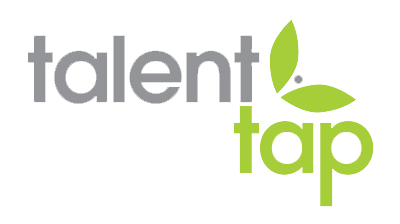When Layoffs Create Opportunities
Bernadette Hill
March 21, 2023
Big Tech is in a weird place.
Although Big Tech experienced tremendous growth over the last few years, it was only a matter of time before that growth bubble burst. Now, lately, it seems that every other week there is a mass layoff. It’s hard not to think of the thousands of professionals who invested their time and efforts into a company that released them in order to save their bottom line. One can only imagine the fear and hurt these former employees must feel when they’re left with a few month’s severance and well wishes.
The interesting part of this unfortunate and unexpected situation though, is that it seems that those who have been laid off from Big Tech are finding new employment rather quickly. This is due in part to opportunities in sectors apart from tech; many of which include Small and Medium Businesses (SMBs). These industries include, but are not limited to, healthcare, finance, nonprofit, government, education, and hospitality. While Big Tech is downsizing, it appears every other industry is hiring aggressively; akin to how Big Tech was hiring through 2021 and 2022. Big Tech taking a step back opens the door for companies in other industries to have their chance at top talent.
There are some things to consider, however, before going after this new talent.
Be ready to innovate
The professionals that have lost their roles in Big Tech still have the sharp and innovative minds that create change and lay the foundation for businesses to grow. At one point, these Big Tech companies were SMBs, employing the same minds that may have been laid off in these last several weeks. These folks likely aren’t looking to remain stagnant, so if your company is not ready to work with forward-thinking, driven, and passionate individuals ready to make a difference, don’t go looking for them
Improve your offerings
Ensure that you have paths for growth and a way for your team members to make a real impact on something meaningful. The talent coming from Big Tech is used to top tier benefits, compensation, and offerings in general. Although there may be slightly less competition, you will likely have to improve your offerings in order to land these professionals. Evaluate what you can bring to the table, and request assistance if you think there is an opportunity to really innovate with the technology at your organization.
Don’t overdo it
Yes, hiring may become slightly easier with an influx of available quality talent, but do ensure that every position you hire for is absolutely needed. It is likely that you’re in an industry that’s experienced more stability than the tech sector, and that may be what’s attracting these newly available candidates to you. But overhiring will undoubtedly backfire, put those same candidates right back where they started, and set you in a weird place just like Big Tech.
The job market has been a roller coaster over the past three years since the pandemic. The Big Tech layoffs are just another wild twist. Perhaps it is the nature of the job market to be unpredictable. With that in mind, it pays to find ways to thrive amidst the chaos. Companies outside the tech sector, and SMBs used to living in the shadow of Big Tech, are having their moment in the sun while they reap the benefit of available talent. It may not always be your turn to thrive, as Big Tech has now shown, but, just like the path of a roller coaster, it will all come back around.
Share This Post!
Talent Tap Trends & Insights | Lancaster, PA



